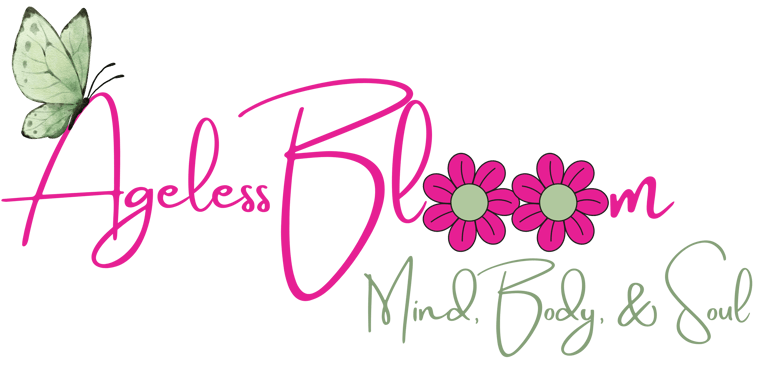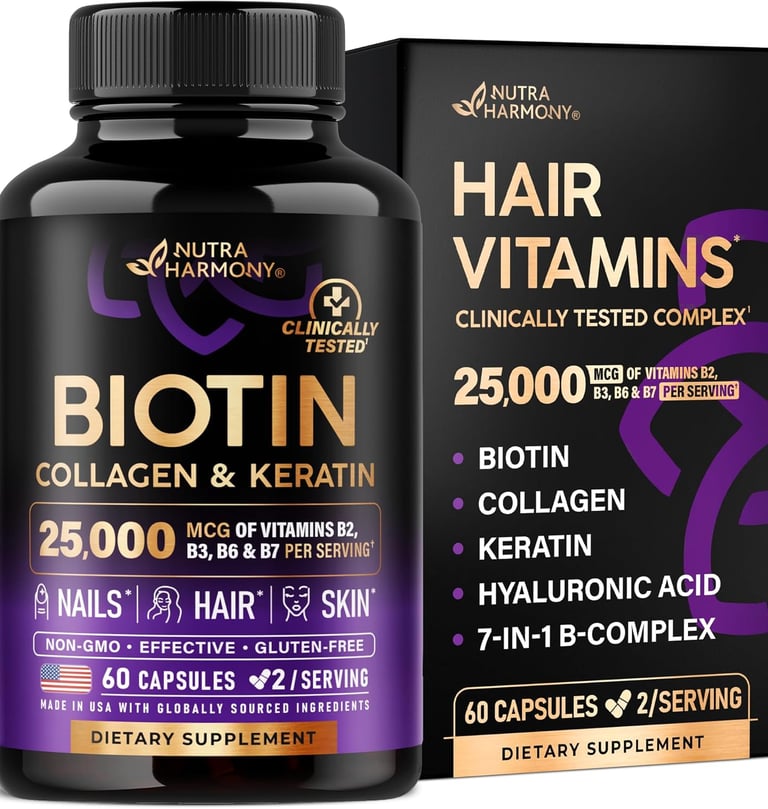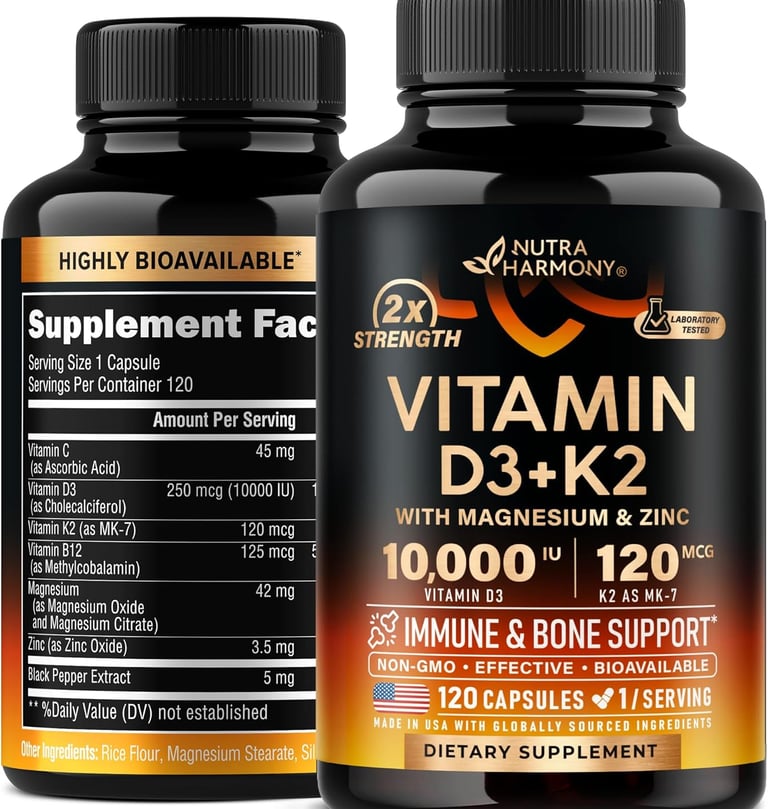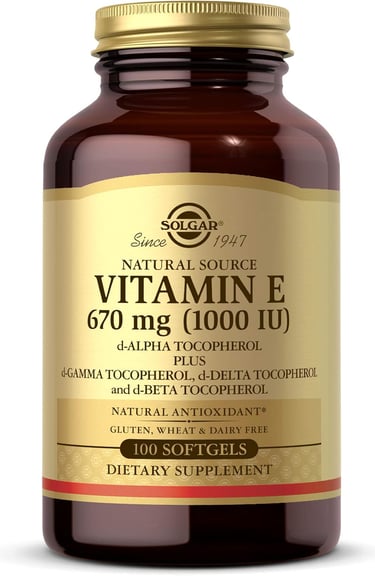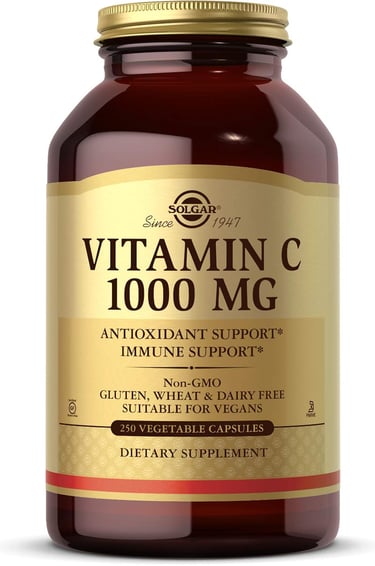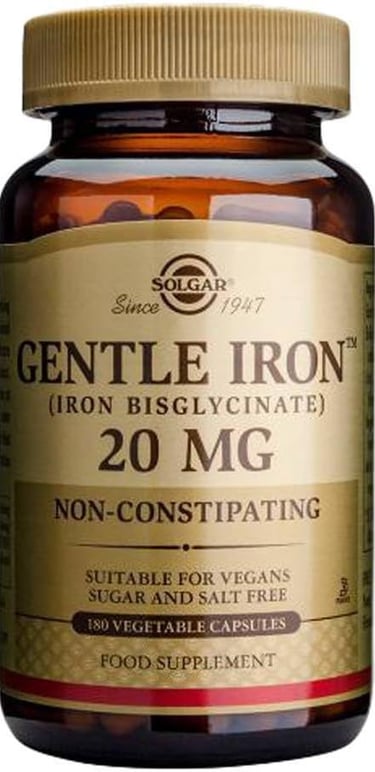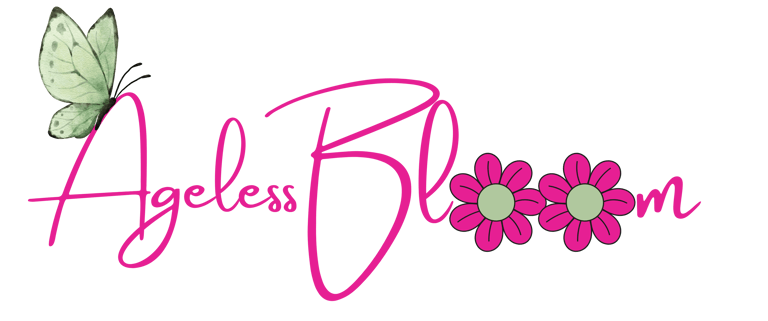5 Essential Vitamins for Healthy Hair After 40 (Backed by Science)
Discover the 5 Essential Vitamins for Healthy Hair After 40, backed by science and easy to add to your daily routine for stronger, healthier hair.
WOMEN'S BEAUTY HEALTH
Shari Smith
9/29/20258 min read
As an Amazon affiliate, we earn commissions at no extra cost to you if you click our links and make a purchase.
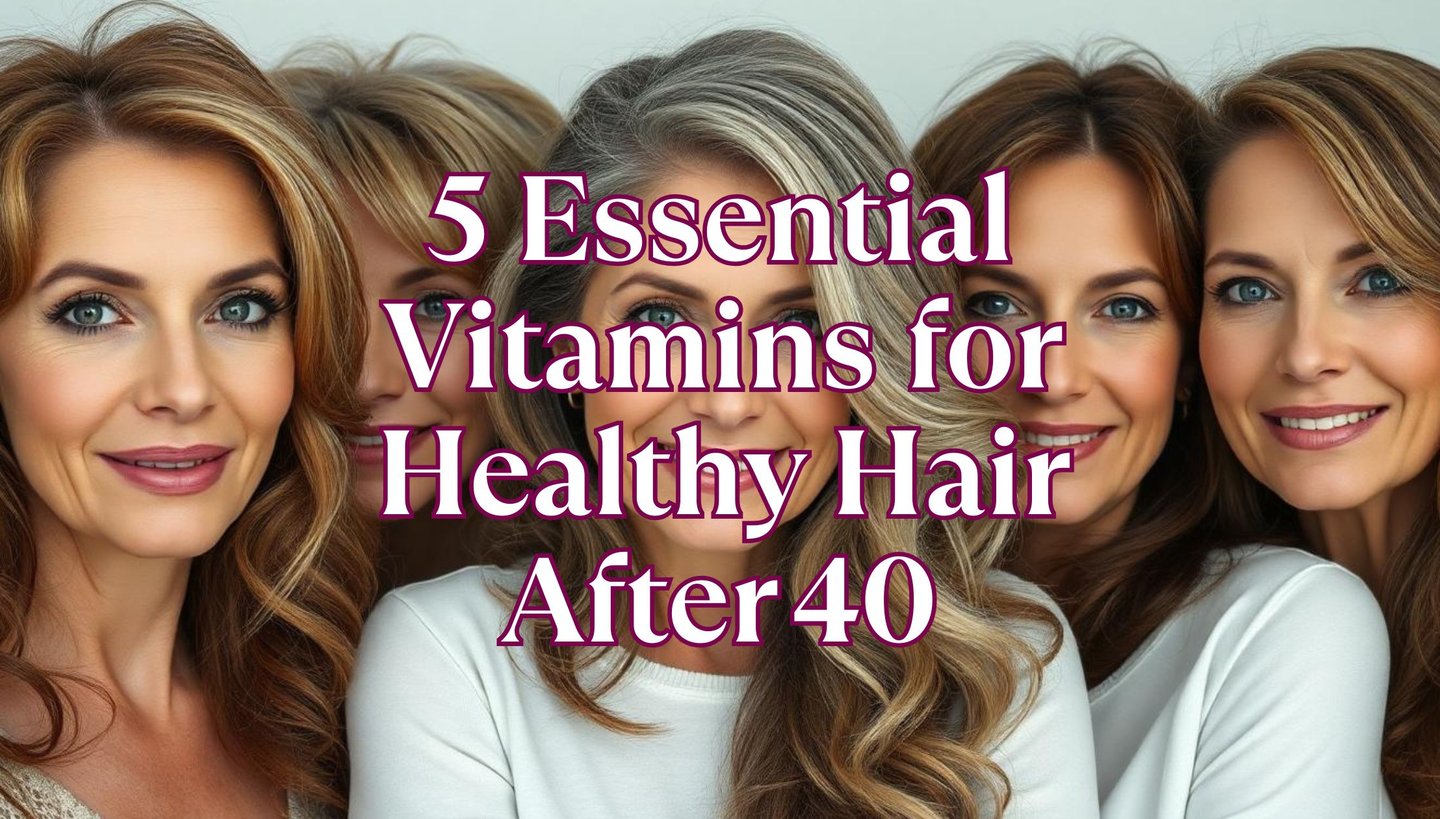

Turning 40 can bring sudden changes to your hair.
Strands may thin, your scalp might feel drier, and hair loss could become more noticeable.
While some changes are a natural part of aging, nutrient gaps can make things worse.
The good news is, the right vitamins to take for hair growth can help support fuller, healthier hair long after 40.
These key nutrients are easy to find online and are designed to tackle thinning, dryness, and breakage.
With a few daily changes, it's possible to bring back the strength and shine you want.
Why Hair Changes After 40
As the years add up, you might notice your hair just doesn’t behave the way it once did.
That thick ponytail could be shrinking, frizz takes over, or maybe you spot more hair in your brush than before.
These changes are common for women over 40 and are deeply linked to what’s happening inside your body.
Let’s look at the main triggers behind changing hair after 40 and why choosing the right vitamins to take for hair growth becomes even more important over time.
Changing Hormones
Hormone levels start to shift as women age, especially in the years leading up to menopause. Estrogen plays a key role in keeping hair full and strong.
When estrogen drops, hair often gets thinner, grows slower, and even sheds more easily.
The balance between estrogen and other hormones like androgens can also impact your hair’s texture, making it more prone to dryness or brittleness.
Slower Hair Growth Cycle
Every hair strand has its own life cycle (growth, rest, and shedding). After 40, the growing phase (anagen phase) shortens.
This means hair doesn’t grow as long or as strong as it used to. You may also notice it takes forever for your hair to recover after a trim or a rough season.
Nutrient Absorption Declines
Your body’s ability to soak up nutrients from food weakens with age. Even a varied, healthy diet may not deliver all the hair-loving vitamins you need.
Lower intake of vitamins like biotin, B12, or vitamin D can leave hair thin, dull, or weak. This is why many women turn to trusted supplements when picking vitamins to take for hair growth.
Stress and Lifestyle
Juggling more at work, home, and everything in between, stress adds up over the years. Stress hormones like cortisol can push more hair into the shedding phase, causing sudden shedding or ongoing hair loss.
Other habits that change with age (less sleep, dehydration, new medications) can also affect the way your hair looks and feels.
Genetics and Aging
Genes set the baseline for how your hair ages, but time itself also breaks down collagen and keratin. Day-to-day exposure to sun, pollution, and heat styling quietly chips away at hair health.
Over time, this wear and tear can leave hair limp or frizzy.
When you know what causes hair to change after 40, it becomes easier to choose the right plan.
Choosing the best vitamins to take for hair growth targets these internal and external changes, supporting your goals for thick, shiny strands at any age.
5 Vitamins That Transform Hair After 40
Getting older means your hair routine needs an upgrade. Forty is often when hair struggles start to show, but the right support can make a world of difference.
Adding focused supplements is a simple way to help your hair weather hormonal changes, lifestyle shifts, and nutrient gaps.
Here's a look at the top vitamins to take for hair growth that have real benefits for women over 40 with our recommended favorite vitamins!
1. Biotin (Vitamin B7)
Biotin gets a lot of credit for its hair benefits, and for good reason.
This B vitamin helps your body make keratin, the main protein that shapes every strand of hair.
More keratin means stronger, less fragile hair.
For many, taking biotin helps cut down on breakage, limiting those tiny pieces in your brush or on your shoulders.
You can find biotin naturally in:
Eggs
Nuts (especially almonds and peanuts)
Seeds
Salmon
Bananas
While food is a good source, busy lives make it hard to hit daily targets. Supplements with biotin are easy to find and affordable, so they’re a smart choice for women who want extra support.
2. Vitamin D
Vitamin D helps create new hair follicles, those little openings where new hair grows out of your scalp.
Low levels can slow down hair growth and even cause thinning.
Women over 40 are more likely to lack vitamin D due to spending less time outdoors or absorbing less from sunlight and food.
Common signs that you might need more vitamin D:
Thinning or slow-growing hair
Feeling tired more often
Achy bones or muscles
Because vitamin D is fat-soluble, it's smart to check with your doctor before starting a supplement, especially if you have health conditions or take medication.
3. Vitamin E
Vitamin E works as an antioxidant, helping shield your scalp and hair from damage caused by UV exposure, pollution, and heat styling.
It also helps improve blood flow to the scalp, which means hair follicles get more nutrients and oxygen.
That extra boost can support healthy growth and a softer, shinier look.
Vitamin E is found in:
Sunflower seeds
Almonds
Spinach
Avocado
On busy days when getting these foods is tough, supplements make it easy to keep vitamin E levels up. If you’re shopping for vitamins to take for hair growth, most blends feature vitamin E because of its trusted results.
4. Vitamin C
Vitamin C does more than fight colds.
It helps your body make collagen, the basic building block for strong, flexible hair.
With less collagen, hair becomes weaker and more likely to snap or split.
Vitamin C’s antioxidant actions also protect your hair from free radicals, which can age hair faster.
Eating plenty of citrus fruits, bell peppers, and strawberries is a smart way to boost vitamin C, but supplements make it easy to stay consistent—especially if your diet falls short some weeks.
5. Iron
Iron isn’t just for energy.
It’s key for carrying oxygen in your blood, which your hair roots need to grow.
Low iron is common in women, especially after 40, and often leads to shedding or thinner strands.
Signs you might be low on iron include:
Strange cravings for ice or clay
Feeling extra tired
Brittle or thinning hair
Iron comes from red meat, spinach, lentils, and beans. But iron supplements and multivitamins with iron are simple to find online if your diet needs a boost.
Adding the right vitamins to take for hair growth after 40 is simple and can fit into any routine.
Each of these nutrients tackles a different root cause of hair loss or thinning, making them a top pick for women who want to love their hair again.
How to Safely Add Vitamins to Your Routine
Starting new vitamins to take for hair growth sounds simple, but taking the right steps helps you see real results and avoid unwanted issues.
Your body changes after 40, so it pays to use a safe, thoughtful approach when adding supplements to your daily routine.
Each person’s needs and starting points are different, but these practical tips will help you use vitamins wisely.
Check Your Current Medications and Conditions
Before adding any new supplement, take time to check if it fits with your health history and current medications.
Many common supplements, like iron or vitamin D, can interact with prescriptions or health conditions.
Review your medication list, including any daily medicines or occasional over-the-counter drugs.
If you have long-term health conditions like thyroid disorders, diabetes, or kidney issues, talk to your doctor before starting new vitamins. Some nutrients can affect these conditions.
For women over 40, double-checking with a healthcare provider is smart, especially if you take multiple medications.
Start With One Vitamin at a Time
It’s tempting to try everything at once, but adding one new vitamin at a time helps you notice what works best for your hair growth and how your body reacts.
This approach also makes it easier to spot side effects.
Pick the vitamin you feel is most important. For many, that’s biotin or vitamin D.
Give it at least 2 to 4 weeks before adding another vitamin.
Watch for changes in your hair, scalp, energy, or digestion while your body adjusts.
Follow Safe Dosages and Labels
Taking more vitamins than you need will not speed up hair growth and can even cause problems. Supplements you find online (including those shipped from popular sites like Amazon) are safe for most people if you follow the bottle directions.
Read supplement labels carefully for serving sizes and daily limits.
Don’t double up with multivitamins and single-ingredient supplements unless a healthcare provider confirms it’s okay.
For fat-soluble vitamins like vitamin D and E, stick to the recommended amounts to avoid buildup in your system.
Below is a quick table that shows the general adult dosages for hair-growth vitamins. Always check your supplement label and talk to your doctor before starting.
Vitamin General Daily Dose
Biotin (B7) 2,500–5,000 mcg
Vitamin D 600–2,000 IU
Vitamin E 15 mg (22.4 IU)
Vitamin C 75–120 mg
Iron 18 mg
Pay Attention to Your Body's Signals
When you begin new vitamins, your body uses time to adjust. Some people notice slight stomach upset, changes in digestion, or minor headaches in the beginning.
Most side effects are mild and pass quickly, but it's important to listen to your body.
If you feel unwell after starting a supplement, stop and see if symptoms improve.
Look for positive changes, like stronger hair, less shedding, and more energy.
If you have severe reactions like swelling, rash, or chest pain, seek medical help right away.
Combine Vitamins With Healthy Habits
Supplements work best when paired with healthy habits. A balanced diet, good hydration, scalp care, and less heat styling all play a role in hair health after 40.
Vitamins to take for hair growth should fit into an overall self-care routine instead of acting as a magic fix.
Some easy steps to boost the effect of your vitamins:
Drink plenty of water.
Eat a variety of colorful fruits and veggies.
Use gentle, sulfate-free shampoos.
Limit heat tools and tight hairstyles.
Taking the time to add vitamins to your routine safely sets you up for stronger, healthier hair.
Each small step builds on the next, leading you closer to the shiny hair you want.
Conclusion
Taking care of your hair after 40 starts with the right support. Focusing on essential vitamins to take for hair growth gives you a solid foundation for thicker, shinier strands at any age.
These five vitamins—biotin, vitamin D, vitamin E, vitamin C, and iron—address real changes in your body, making them a smart choice for healthier hair.
Make self-care a priority and always check with your doctor before starting new supplements. When you fill the gaps your body faces after 40, you help your hair look its best for years to come.
Thanks for reading. Stay tuned for more tips on living well in midlife.
